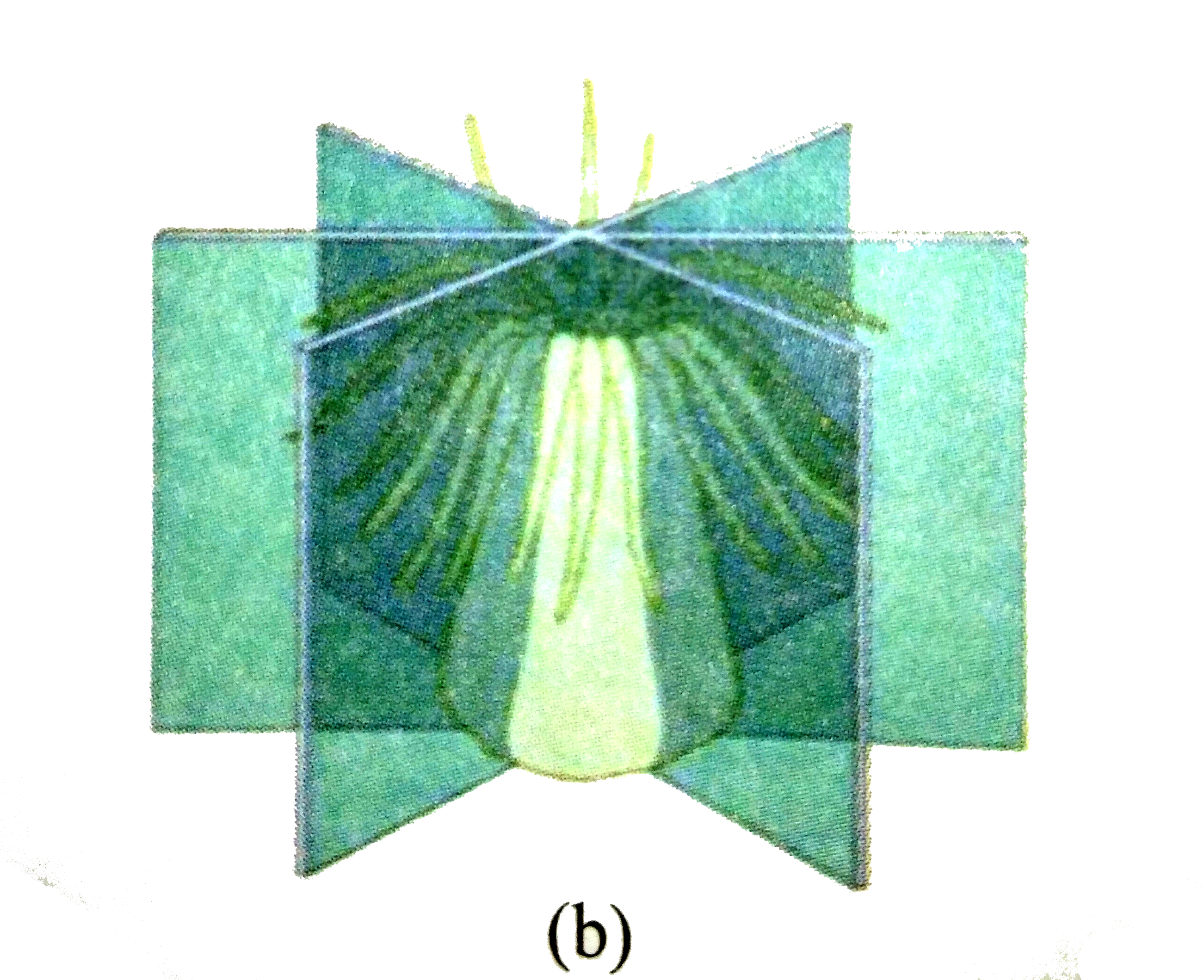Explain three types of errors observed in measurement.
To explain the three types of errors observed in measurement, we will detail each type: gross errors, systematic errors, and random errors.
1. Gross Errors:
- Definition: Gross errors are significant mistakes that occur due to human oversight or misjudgment during the measurement process.
- Causes:
- Incorrect usage of instruments (e.g., using the wrong instrument for the measurement).
- Misreading the measurement (e.g., reading the scale incorrectly).
- Computational errors (e.g., mistakes in calculations).
- Improper adjustment of instruments (e.g., not calibrating a microscope correctly).
- Characteristics:
- These errors are often obvious and can be identified and corrected.
- They cannot be treated mathematically since they are typically one-off mistakes.
2. Systematic Errors:
- Definition: Systematic errors are consistent, repeatable errors that occur due to flaws in the measurement system.
- Causes:
- Instrumental errors (e.g., worn-out or defective parts of an instrument).
- Environmental factors (e.g., temperature changes affecting the measurement).
- Observational errors (e.g., bias in reading measurements).
- Characteristics:
- These errors lead to a consistent deviation from the true value.
- They can often be corrected through calibration or adjustment of the measuring instrument.
- Systematic errors can be categorized into three types: instrumental, environmental, and observational.
3. Random Errors:
- Definition: Random errors are statistical fluctuations that occur in measurements due to unpredictable variables.
- Causes:
- Small, uncontrollable factors (e.g., slight variations in temperature or pressure).
- Limitations in the measuring instrument's precision.
- Characteristics:
- These errors are generally small and can vary in magnitude and direction (positive or negative).
- They can be analyzed statistically, often using the law of probability, and can be minimized by taking multiple measurements and averaging the results.
- Unlike gross and systematic errors, random errors cannot be completely eliminated but can be reduced.
Summary:
- Gross Errors: Human mistakes in measurement that can be identified and corrected.
- Systematic Errors: Consistent errors due to instrument flaws or environmental factors that can be corrected.
- Random Errors: Unpredictable fluctuations that can be minimized through statistical analysis.
- Definition: Gross errors are significant mistakes that occur due to human oversight or misjudgment during the measurement process.
- Causes:
- Incorrect usage of instruments (e.g., using the wrong instrument for the measurement).
- Misreading the measurement (e.g., reading the scale incorrectly).
- Computational errors (e.g., mistakes in calculations).
- Improper adjustment of instruments (e.g., not calibrating a microscope correctly).
- Characteristics:
- These errors are often obvious and can be identified and corrected.
- They cannot be treated mathematically since they are typically one-off mistakes.
- Definition: Systematic errors are consistent, repeatable errors that occur due to flaws in the measurement system.
- Causes:
- Instrumental errors (e.g., worn-out or defective parts of an instrument).
- Environmental factors (e.g., temperature changes affecting the measurement).
- Observational errors (e.g., bias in reading measurements).
- Characteristics:
- These errors lead to a consistent deviation from the true value.
- They can often be corrected through calibration or adjustment of the measuring instrument.
- Systematic errors can be categorized into three types: instrumental, environmental, and observational.
- Definition: Random errors are statistical fluctuations that occur in measurements due to unpredictable variables.
- Causes:
- Small, uncontrollable factors (e.g., slight variations in temperature or pressure).
- Limitations in the measuring instrument's precision.
- Characteristics:
- These errors are generally small and can vary in magnitude and direction (positive or negative).
- They can be analyzed statistically, often using the law of probability, and can be minimized by taking multiple measurements and averaging the results.
- Unlike gross and systematic errors, random errors cannot be completely eliminated but can be reduced.
- Gross Errors: Human mistakes in measurement that can be identified and corrected.
- Systematic Errors: Consistent errors due to instrument flaws or environmental factors that can be corrected.
- Random Errors: Unpredictable fluctuations that can be minimized through statistical analysis.
Topper's Solved these Questions
- UNITS AND MEASUREMENTBOOK - MODERN PUBLICATIONCHAPTER - UNITS AND MEASUREMENTEXERCISE - COMPETITION FILE (INTEGER TYPE QUESTIONS)
6 Videos
- THERMAL PROPERTIES OF MATTERBOOK - MODERN PUBLICATIONCHAPTER - THERMAL PROPERTIES OF MATTEREXERCISE - CHAPTER PRACTICE TEST
15 Videos
- WAVESBOOK - MODERN PUBLICATIONCHAPTER - WAVESEXERCISE - CHAPTER PRACTICE TEST
14 Videos
Similar Questions
Explain the type of pollination observed in Commelina benghalensis.
View SolutionErrors In Measurement
View SolutionObserve the given tissues and explain the types of body symmetry in each of them.

View SolutionObserve the given tissues and explain the types of body symmetry in each of them.

View SolutionObserve the given tissues and explain the types of body symmetry in each of them.

View SolutionExplain the three types of cell junctions.
View SolutionWhat do you mean by error in a measurement? Briefly explain the differenct types of erros and their causes. How can these erros by minimised?
View SolutionExplain any three types of principal export documents.
View SolutionExplain the three types of us hegemony and give exaples for each
View SolutionExplain the three types of US hegemony and give examples for each.
View Solution